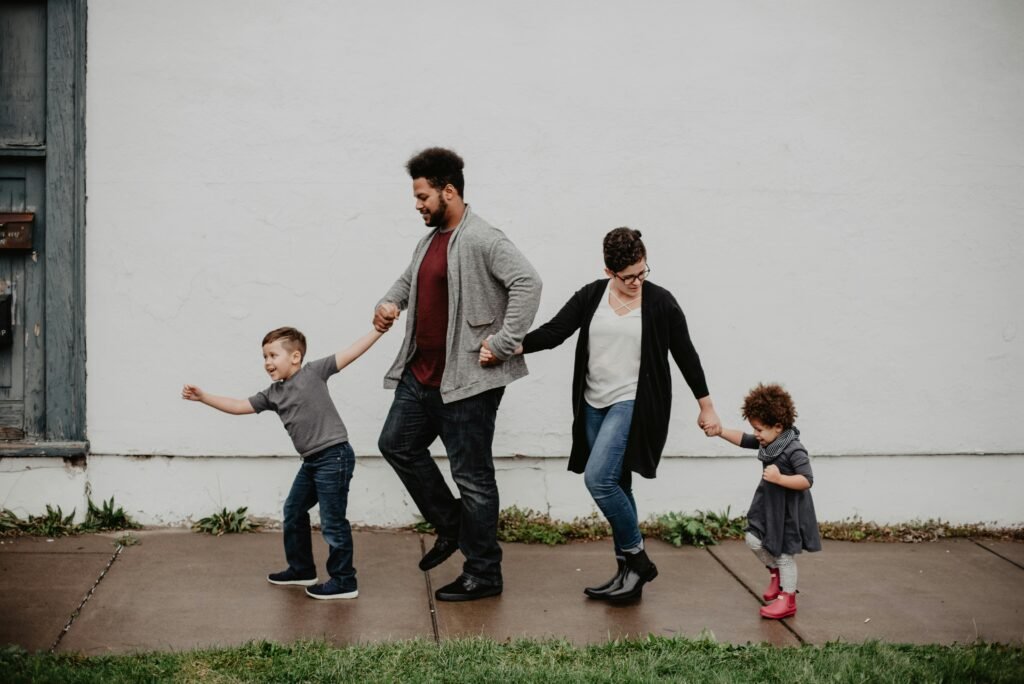This article addresses family reunification for foreign nationals where one partner already resides in Germany. A common case is when a non-working spouse and/or children (“dependents”) join the primary earner (the “principal”). In such situations, the right of residence for joining family members is contingent upon the principal’s valid residence permit.
General Requirements for a Joining Spouse to Reside in Germany
A spouse may generally be granted a residence permit to join a relative for the purpose of establishing or maintaining family life. A residence permit can typically be granted if:
- The spouse or partner already residing in Germany holds either a valid residence permit or a permanent settlement permit.
- The spouse or partner has already been living in Germany for two years with a residence permit issued for an indefinite purpose (e.g., not for specific, limited roles such as a specialty cook or au pair).
- Alternatively, if the spouse or partner holds a residence permit, the marriage must have existed prior to their relocation to Germany, and the intended stay in Germany is for a minimum of one year.
Additionally, the following conditions usually need to be satisfied:
- Adequate living space for cohabitation is available.
- Sufficient health insurance coverage is in place.
- Sufficient financial means to cover living expenses are demonstrated.
- No grounds for expulsion are apparent.
Example scenario:
A partner resides in Germany with a one-room apartment, a low-income job, and a residence permit. The other partner wishes to join. In such circumstances, reunification may face obstacles because the sponsor’s income would likely not be considered sufficient to support both individuals — a core requirement for approval.
Regarding Minor Children Joining a Parent in Germany
Minor children (under the age of 18) can generally join their parents in Germany if the parents hold either a valid residence permit or a settlement permit. This also applies when parents relocate to Germany together with their children.
Advantages of Being the Spouse of a German Citizen
Marriage to a German citizen provides significant advantages. The German constitution protects family unity when cohabitation exists. A prerequisite is that the German spouse has their habitual residence in Germany or is in the process of establishing it. Consequently, spouses of German citizens are generally granted entry and residence. However, this does not preclude the possibility of expulsion under exceptional circumstances.
Requirement for Non-German Spouses to Speak German
In most cases, non-German spouses must demonstrate a basic command of the German language (A1 level). The official rationale is to support integration from the time of arrival.
Acquiring German Language Skills After Entry
Proof of language skills is typically required before entry. Successful visa applications usually depend on presenting an official certificate such as the Start Deutsch 1 from a Goethe-Institut or another accredited institution.
If a Goethe-Institut is unavailable, the consular officer will determine the adequacy of alternative proof. Applicants who are native German speakers or who studied German formally should document this clearly.
Exceptions to the Language Requirement
Exemptions from the A1 requirement apply in several situations, for example if the applicant:
- Possesses a university degree or an equivalent qualification.
- The spouse in Germany holds a residence permit as:
- a highly-skilled employee,
- a researcher,
- a company founder,
- an individual entitled to asylum,
- a recognized refugee,
- a holder of a permanent residence permit from another EU country,
- an EU Blue Card holder.
- The joining spouse is verifiably unable to learn German due to a physical, mental, or psychological condition.
- The primary earner is applying for a residence permit for self-employment (§ 21 Residence Act).
- Demonstrating A1 proficiency would amount to undue hardship (strictly assessed).
- The spouse already in Germany is a citizen of: Australia, Canada, Israel, Japan, New Zealand, South Korea, United Kingdom, or the United States of America.
Claiming “Undue Hardship”
Waiving the language requirement for undue hardship is challenging. Immigration authorities demand substantial proof and are cautious in granting exemptions. Genuine, verifiable reasons must be provided, partly to prevent abuse in cases of forced or arranged marriages.
Proof of Basic German Language Proficiency
Independent study or informal practice is not sufficient. Authorities typically require an official certificate. The most common is the Start Deutsch 1 issued by the Goethe-Institut. Where this is not available, consulates or local immigration authorities may accept equivalent evidence at their discretion.
Next Steps
My law office advises on all aspects of family reunification, from initial eligibility assessments to full-service management of applications. Our support includes reviewing residence status of the sponsor, preparing, checking and submitting all required documents, advising on language requirements and possible exemptions, and representing clients in communication with authorities.
Feel free to arrange a consultation or read more from official government websites.

